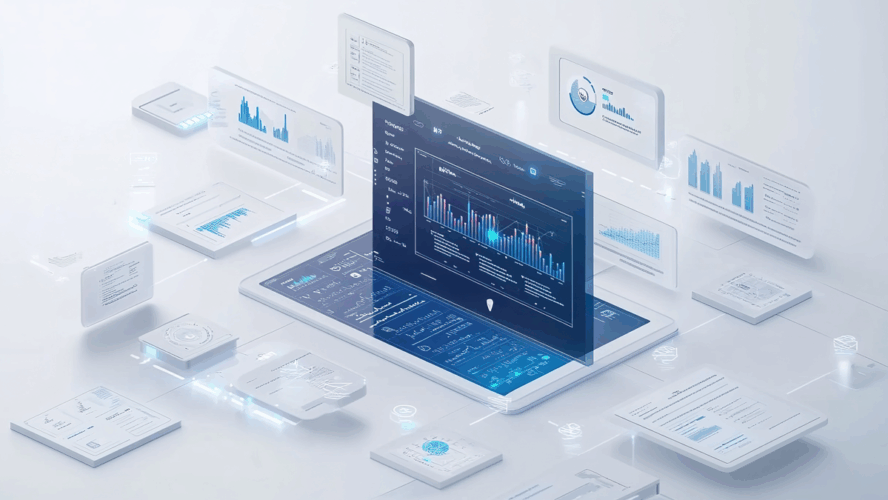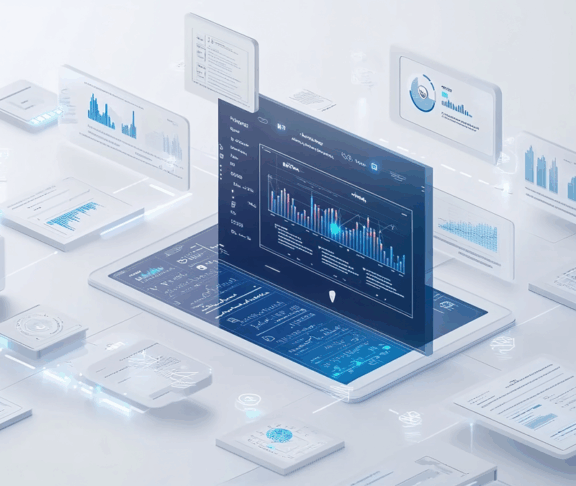
Jitka Kolarova
Lead, Health & Healthcare Innovation, World Economic Forum
Smart wearables now reach 40–60% adoption, turning us into data sources with 2–5GB generated daily.
Consumer-generated health data holds transformative potential to improve individual outcomes while shifting healthcare from reactive treatment to proactive prevention, benefiting both health span and system costs. Governments are taking note: the US Health Secretary told House members he sees wearables as central to combatting chronic disease and aims for nationwide adoption within four years.
Making health data work
However, turning this promise into practice comes with significant challenges. The first hurdle is translating raw data into actionable and scientifically backed insights that lead to lasting behavioural change. It’s not enough to track steps or sleep; the technology must guide healthier choices by considering individual context and integrating data into a dynamic, personalised health profile that is accessible to the individual and their physicians.
Silent risks of smart health
The ethical and privacy risks of the data boom are substantial. As consumer devices begin capturing additional information such as brain data, hormonal biomarkers or emotional patterns, concerns around autonomy, consent and surveillance grow. While regulations like GDPR (General Data Protection Regulation) and HIPAA (Health Insurance Portability and Accountability Act) offer core safeguards, stronger protections and industry self-regulation are needed. Recent years have seen a surge in privacy breaches and data misuse cases, underscoring the urgency for action.
The ethical and privacy risks
of the data boom are substantial.
From promise to practice
To realise the full potential of consumer-generated health data, public and private sectors must collaborate on robust governance frameworks to protect privacy while enabling responsible data sharing, critical assessment and responsible integration of AI solutions. These should leverage health data and clear value propositions for users, to foster trust, from improved care to personalised prevention.
The World Economic Forum is advancing this work through its Digital Healthcare Transformation initiative, which unites public and private partners to scale AI responsibly and foster ethical collaboration in health data. We stand at a crossroads: we can either allow health data to accumulate without tangible impact, or we can create ethical, inclusive systems that transform it into meaningful change.

